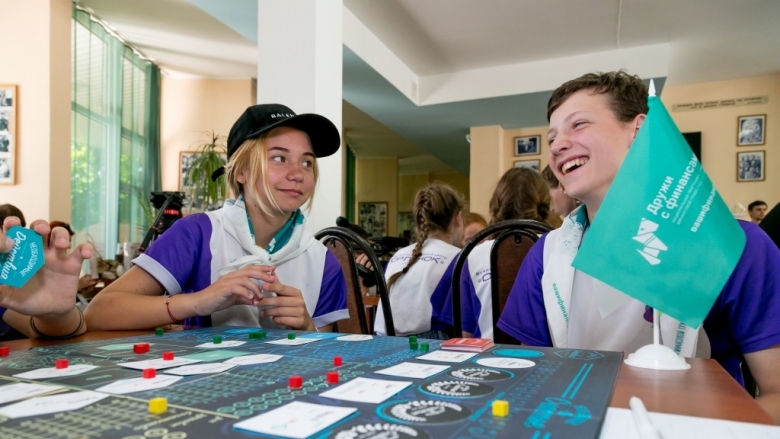
What is financial literacy all about, you may ask? Essentially, it is the ability to use one’s knowledge and skills to effectively manage financial resources, ideally for a lifetime of financial well-being. Indeed, financial literacy is something we all have to work on each day—it’s part of our ongoing education.
Despite being a relatively new field of study, financial literacy has become increasingly important for governments and citizens – without it there can be broad implications for the economic health and stability of countries.
Here in Russia, the authorities are highly cognizant of this and thus partnered with the World Bank in 2011 to start implementation a project on financial literacy and education. Promoting responsible and rational financial behaviour is one of the main goals of the project, along with establishing financial education infrastructure at federal and regional levels, increasing the accountability of financial services providers, designing a national strategy, raising awareness and strengthening institutional capacity and underlying business practices between consumers and financial services providers.
This project focuses primarily on improving the financial literacy of school-age children and college student. The idea being that they gain the modern required financial knowledge and awareness of financial instruments, which then they can bring home to their families, including seniors, and to the wider community.
Thanks to the project, financial literacy courses have been introduced in schools and universities, with training provided to teachers and tutors across the education system. By June 2018, over 20,000 university students and teachers from almost two-thirds of Russia’s regions had completed training courses in financial literacy offered by the project.
The impact of this training is reflected in the results of the 2017 Program for International Student Assessment (PISA) survey on financial literacy. Russian students exceeded the average international level, ranking 4th place (compared to 10th place in 2012), which constitutes unprecedented progress and puts Russia well above the OECD average.
In February 2016, the Fund for Good Ideas was launched, which offers financial support on a competitive basis to grass-root initiatives, and encourages innovative ways of promoting financial education. For example, the Fund has supported summer camps for teenagers in several of Russia’s regions, as well as special editions of popular cartoons called “Smeshariki” on the topic of financial literacy.
Organized with support from the project, the National Savings Week for Adults and the National Week of Financial Literacy for Children and Youth have gained significant traction in 2018 – the latter engaging over 2.5 million children and teenagers who participated in around 25,400 events across Russia.
To support these goals, Russia’s Ministry of Finance and the Central Bank approved in 2017 the National Strategy for Financial Literacy for 2017-2023, and launched its Implementation Road Map.
Significant steps have been taken in Russia to boost young people’s financial knowledge and to help them make financially responsible decisions – decisions that are integral to their everyday lives. At the World Bank, we are committed to supporting this important and unique initiative, which we believe could be successfully replicated in other countries, ultimately to the benefit of citizens and society at large.